Cuba has seen its largest street protests in decades as thousands march demanding freedom and food. The deepest economic crisis since the collapse of the Soviet Union, a spike in Covid-19 infections, power blackouts and increased use of social media all helped fan discontent with the 62-year-old communist regime.
Economic slump
The pandemic devastated the island’s economy. As tourism dried up, the economy shrank 11 percent in 2020, according to Economy Minister Alejandro Gil, its deepest slump since the early 1990s when the collapse of communism in Eastern Europe had deprived the nation of allies and trade partners. In response, the government this year ended many subsidies and eliminated the decades-old dual currency system. The changes were needed but also unleashed an “inflationary spiral,” according to the Cuban Ministry of Finance and Prices. Some economists estimate that inflation could exceed 400 percent this year.
Covid-19 outbreak
Cuba kept a lid on Covid-19 infections early on in the pandemic, and created two homegrown vaccines. But the infection rate is now soaring, even though the island of 11 million people has administered 7.5 million doses. Last Sunday, the country reported 6,923 new coronavirus cases and 47 deaths due to Covid-19 – both daily records. President Miguel Díaz-Canel said Monday that having so many people infected and isolated is hurting the economy by forcing the island to dedicate its limited electricity resources toward hospitals and recovery centres.
Hungry marchers
Cuba imports many of its basic goods, and the cash-strapped administration has been struggling to keep shelves stocked. It recently limited people’s ability to exchange their Cuban pesos for dollars, one of the key elements of the January reform package, because the government needed the cash to finance imports. Those troubles, combined with the broader economic downturn and soaring inflation, mean that many Cubans are not getting enough to eat. Along with the chants of “Freedom” and “Down with Communism” that were heard over the weekend, one of the key messages was “We are hungry.”
Exodus
The economic downturn is also accelerating emigration. Through May of fiscal year 2021, US Customs and Border Patrol said it stopped 23,066 Cubans – far more than the 14,015 it had stopped in all the previous fiscal year.
Power blackouts
Cubans are also being infuriated by continual blackouts. On Monday, Minister of Mines and Energy Livan Arronte said a combination of breakdowns at power plants, spiking energy demand and troubles importing fuel due to US sanctions had led to energy rationing. Venezuela, once a reliable Cuban ally flush with crude, has also been unable to provide much help as it struggles with its own economic crisis.
Embargo & Twitter
For the Cuban authorities the protests have two main drivers: The 59-year old US trade embargo and social media. The embargo was tightened in 2017, further squeezing Cuba’s economy and reducing the number of nations willing to do business with the island. The regime also says that the United States manipulated Cubans via social media to join in the protests. The number of Cubans with access to the social media has surged in recent years. On Monday, the government appeared to throttle access to some sites, including Facebook, Twitter and WhatsApp.
related news
by Jim Wyss, Bloomberg




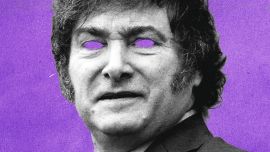

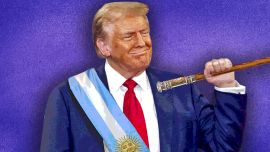





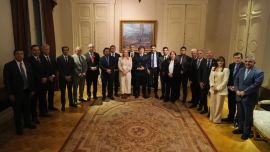

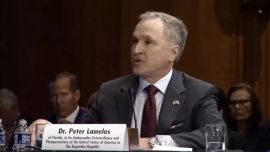

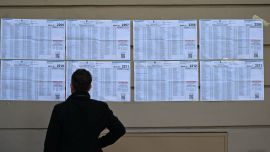





Comments